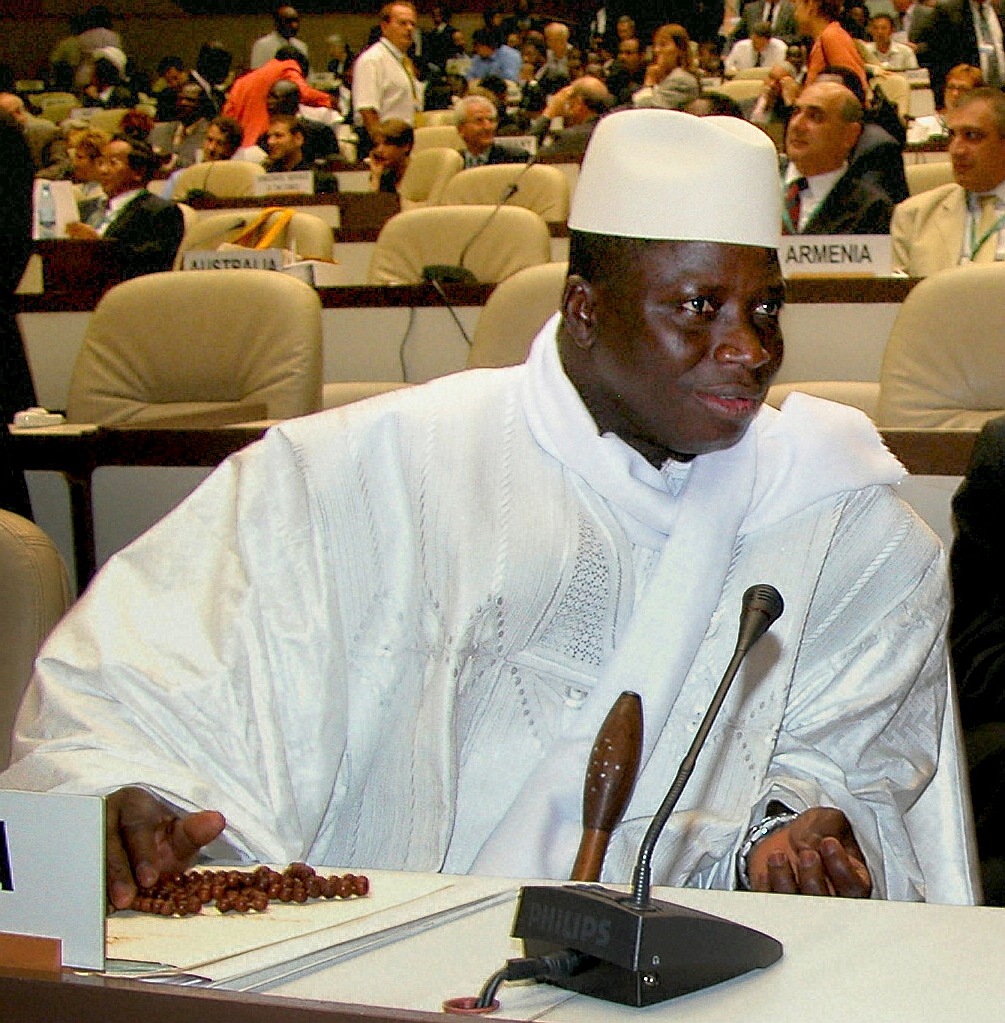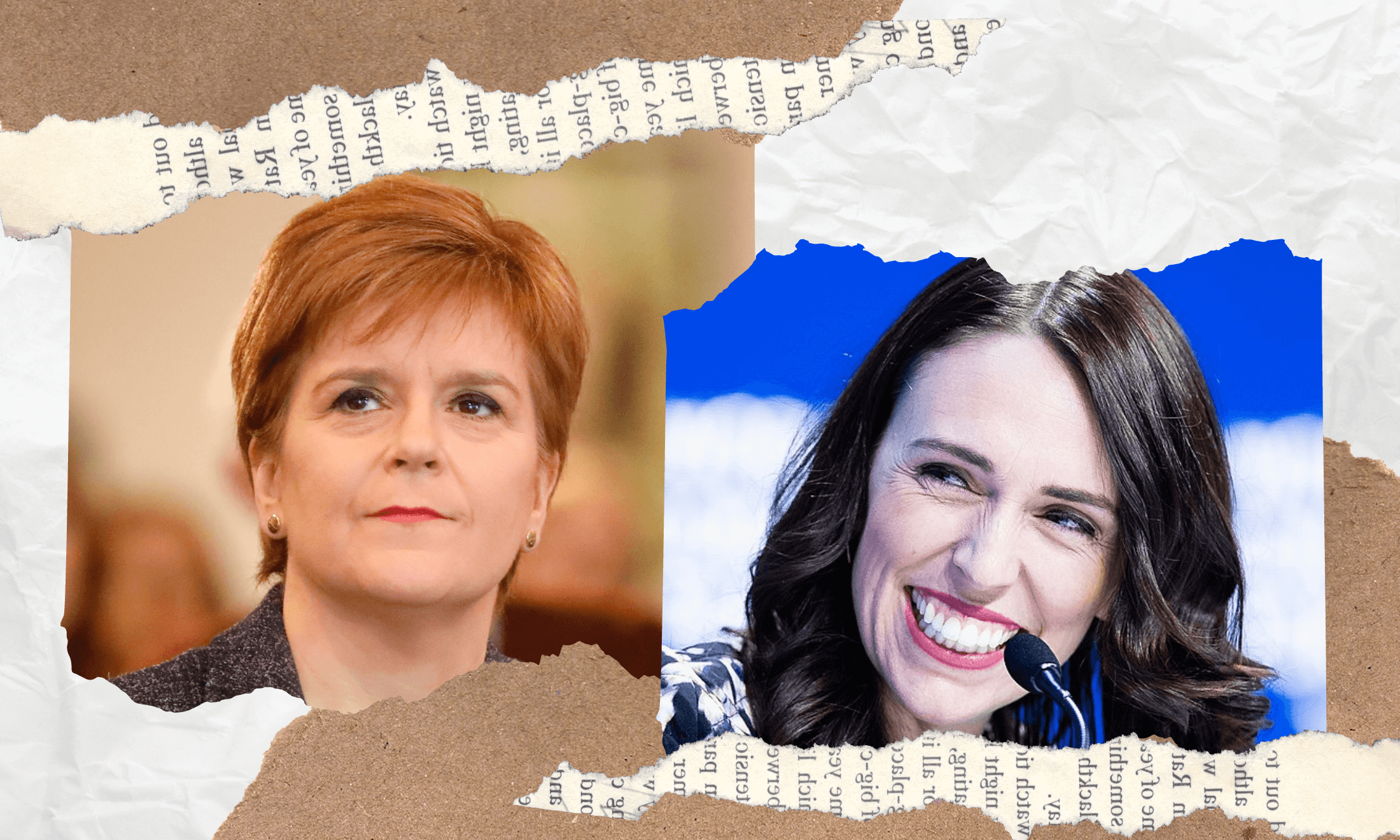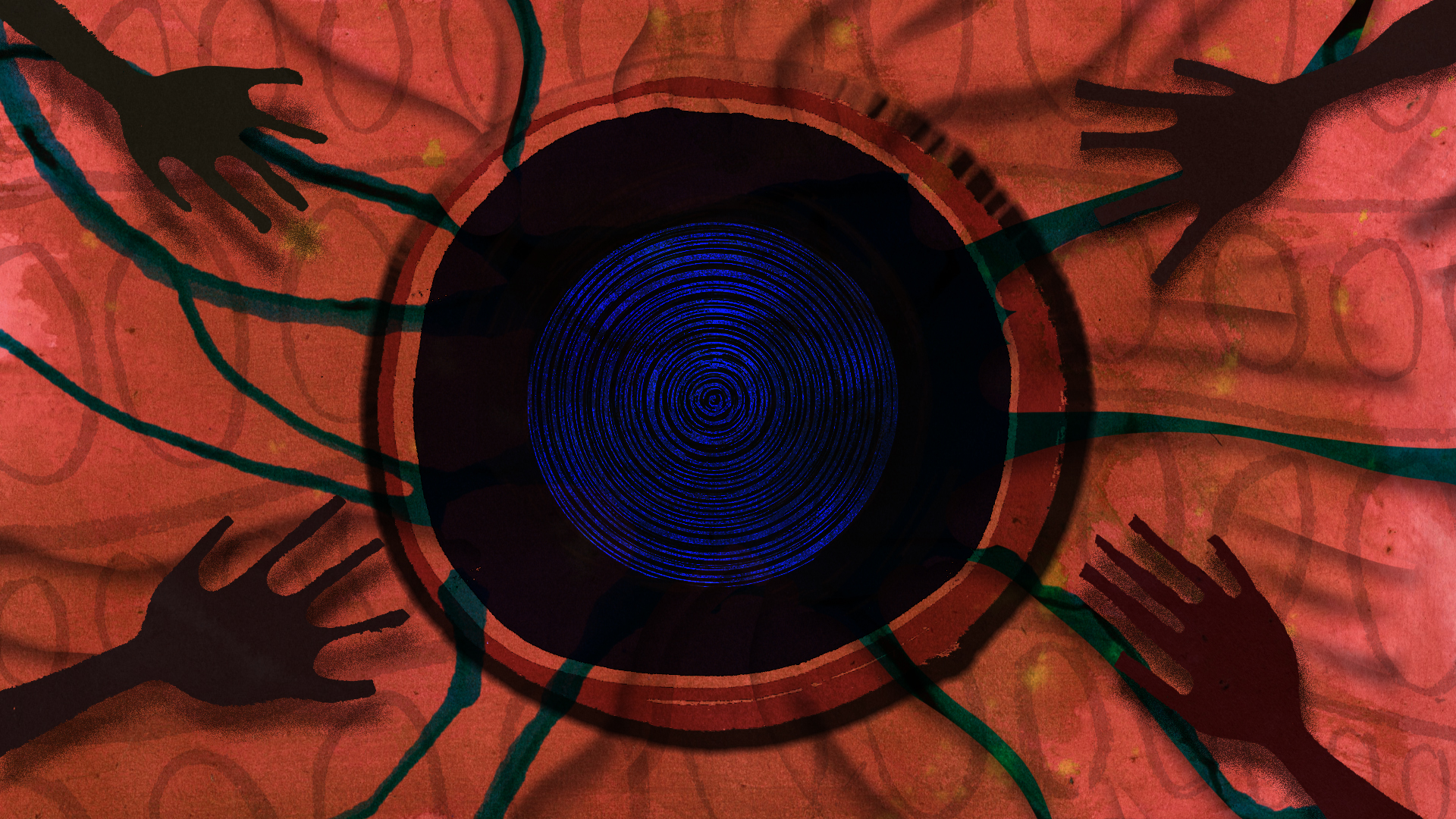
Yahya Jammeh, the former president of The Gambia finally vacated presidential office and the country on 21 January 2017. For the citizens of The Smiling Coast, here’s hoping he won’t look back in anger.
African governments are beginning to grow weary of succession drama, where an incumbent leader refuses to leave and all hell breaks loose. For Gambia, there was an anxiety among continental authorities to not let another African country dissolve into election-violence induced civil war.
The Economic Community of West African States (ECOWAS) acted on this anxiety to great effect. After it became clear Jammeh would contest the result declared on 1 December 2016, ECOWAS said they were preparing joint troops to depose him militarily and install the winner. This came to a head on the evening of 19 January, when ECOWAS troops amassed on the Gambian border with Senegal threatening military deposition. Last ditch talks by the Mauritanian president convinced Jammeh to finally vacate office.
The shift in continental policy is what makes this an early victory for all Africans. After decades of neo-monarchic rule by elected civilian or imposed military governments, Africa’s governing bodies are committing money and personnel to bring that to an end. It is past time for the continent to take the lead in its own affairs, and push ruling ideologies to an appreciation of democracy.
The West was noticeably absent. Compared to France’s involvement in the Ivory Coast post-election violence in 2010, the West deigned not to intervene. One must also account for the fact that Yahya Jammeh and Laurent Gbagbo in the Ivory Coast’s case are two very different men. Their difference in attitudes may well have influenced the outcome.
But importantly, ECOWAS were reticent in their stance from the outset. Undoubtedly, their consistently increasing pressure on Jammeh, not to mention the disgust of ordinary Gambians, forced Jammeh into a corner. The West African region would just not tolerate his impudence.
Jammeh had his supporters, but even they were willing to accept his defeat to new president Adama Barrow. The hashtag, #GambiaHasDecided began trending shortly after Jammeh contested the result in the country’s highest court. The court did not play ball, but even before that, key figures in Jammeh’s government deserted him, including the ministers for finance, foreign affairs, trade and the environment. “Even as of now, a lot of people have had a change of heart [about supporting Jammeh] because of Yahya’s misbehaviour,” Barrow said in an interview with Al-Jazeera. A naughty boy indeed.
The ECOWAS approach is a major turning point in pan-African politics . It will be difficult to return to the African Union-style thumb twiddling of a few years ago. ECOWAS made a statement by leading the way on this, and perhaps it will encourage the African Union to be a better continental advocate.
Thousands of Gambian citizens pre-empted violence, and fled to neighbouring Senegal in the days before Barrow’s inauguration. Thankfully their fears were never confirmed. Jammeh himself, in his departing televised address said it was “not necessary that a single drop of blood be shed”.
Now concerns switch to the transition. How will Adama Barrow’s party consolidate power with their coalition partners, with the threat of disgruntled Jammeh politicians lurking in government? In the more macro view, how will this play out for other sub-Saharan African leaders? How will this affect the likes of Mugabe and Kenyatta who refuse to let go? What will this mean for the ongoing power struggles in South Sudan, the Congo, Central African Republic, and Burundi which have brought years of civil war? Will there be ramifications for the slippery fish of Rwanda’s Paul Kagame, who has made great economic and security improvements in the country, but is no angel, and is “the one who got away”? Only time will tell.
Jammeh, according to himself, was to rule Gambia “for a billion years, if God [willed] it.” Thankfully, ECOWAS and the Gambian people decided 22 was enough.

Britain’s policing was built on racism. Abolition is unavoidable

How Pakistan’s Khwaja Sira and transgender communities are fearing and fighting for their futures

Their anti-rape performance went viral globally. Now what?





